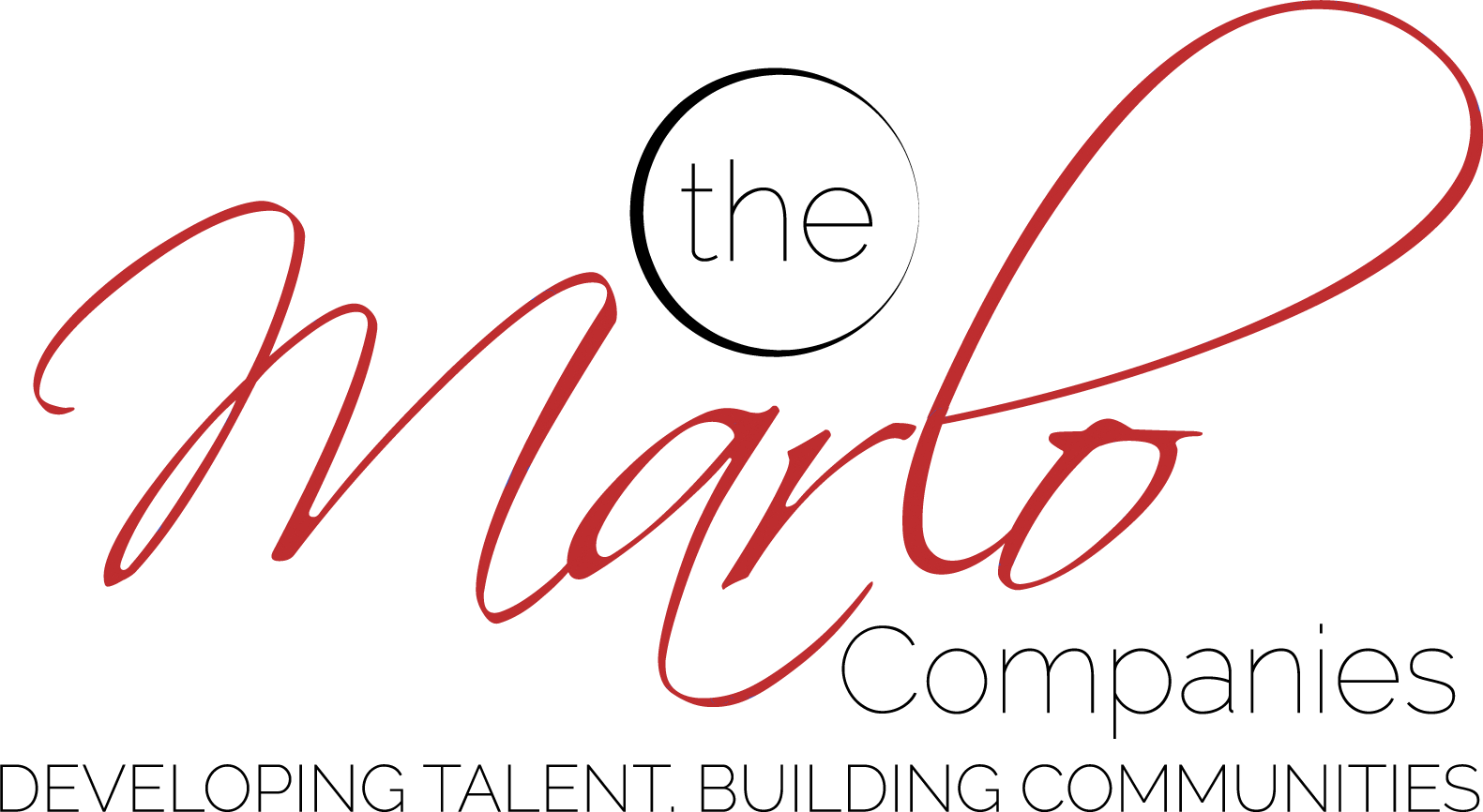
Effective teamwork is the ultimate advantage when it comes to company success. It stems from healthy behaviors, essential skills, and developed expertise.
In this post we’ll discuss how developing a few critical behaviors can harness the collective power of a team and how NOT incorporating them can negatively impact the team’s success.
Whether you’re a newly appointed leader, an aspiring manager, or a seasoned executive, learning about these behaviors and harnessing them will prove crucial to your success.
Invest in Building a Trust-Based Relationship
Trust improves team cohesion. When combined with positive attitudes, hard work, and perseverance, it enables teams to function optimally. When trust is present, team members approach each challenge and opportunity from a position of strength and a mindset of togetherness; ready to excel.
Employers cannot rely solely upon themselves to meet the needs of the workforce; therefore, it is imperative to build a culture of trust throughout the organization. But how can they know if there’s a lack of trust?
Lack of trust in the workplace can stem from a variety of experiences. Something as simple as miscommunication or unresolved conflict between two or more individuals. For example, if one member feels the organization was not fair in a conflict between them and another team member, they are likely to distrust the organization.
Repeated instances, such as this, lead to high distrust within the organization and often result in negative messaging.
Building trust in the workplace takes time. In order to build trust, people in positions of leadership must be consistent and equitable in their practices towards members of the team. Leaders should lead with empathy. It is critical that they make an effort to understand the members of their team, engage with them by practicing active listening, providing constructive feedback, and demonstrate their confidence in the team by not micromanaging.
Trust is the foundation for a productive and rich environment which will, in turn, attract top talent and satisfy stakeholders. It creates a workplace where people feel valued and heard, thus improving the team’s sense of worth and accomplishment on a daily basis. These represent the foundation of great and effective teamwork.
Encourage Open Communication
Open communication is a positive behavior that teams cultivate with practice. It happens when the members of a team can be honest and direct with their colleagues, share their honest opinion, concerns, and ideas.
The absence of open communication, however, hinders the smooth running of projects and affects interaction in a way that creates abysmal disparities among the members of a group.
To promote open communication, leaders should take specific actions. Some of these recommended actions include: open-door policies, providing diverse avenues for feedback that include anonymous options, raising concerns rather than brushing them aside, and being transparent with information and decision-making processes.
It cannot be stated enough that mastering open communication can add tremendous value to the team and organization. More specifically, teams reap benefits, such as: cooperation, increased trust, and employee partnerships; all of which work for the betterment of the organization.
But most importantly, open communication increases trust. It cannot be overstated – at the base of every healthy relationship and workplace interaction is trust. Open and honest communication among team members, without the fear of repercussions, creates a clear path to building trust. If trust is in place, open communication flows easily. These two are interrelated – open communication builds trust and trust allows for open communication.

Give Constructive Criticism
Constructive criticism is one of the cornerstones of effective teamwork. Constructive criticism focuses on giving team members honest and direct feedback, supported by specific examples. The main purpose of constructive criticism is to help team members improve while feeling supported and encouraged.
Feedback given improperly can result in teammates feeling attacked and defensive. Let’s face it; it can be challenging to have your work or persona criticized. Therefore, when providing feedback, members of a team should always provide it with respect and in a supportive manner. As Dale Carnegie best said, “Use encouragement. Make the fault seem easy to correct.”
When there is trust and open communication, constructive feedback flows easily, leaving room for our next essential behavior of effective teams – cooperativity.
Support Cooperation Among Team Members
Cooperation can mean many things: from how information is shared across the organization, how employees participate in the decision-making process, to how leadership, employees, and departments work together to achieve common goals.
One thing is certain – cooperation expedites the job getting done. It maximizes members’ strengths and minimizes their weaknesses. For example, team members complement each other with skills and abilities that help them complete a project faster and more effectively. Instead of focusing on achieving individual results and keeping to themselves, they concentrate on working together to achieve collective results.
Unfortunately, when cooperation is not present within an organization, there can be a slow workflow, unhealthy competition, interpersonal conflict, negativity in the workplace, and strained relationships. At the end of the day, the outcome is the same: productivity drops.
Here’s our advice on how to foster a cooperative work environment.
Making teamwork a priority, providing team members with the resources they need to work together, setting clear expectations, and cultivating a work environment where team members feel safe to share their input without fear are some of the first steps leadership should do for their employees and peers. But most importantly, leadership should lead by example, to behave how they want their team to behave.
Reduced unproductive competition, improved knowledge sharing, enhanced productivity – these are all the benefits of cooperativity among team members.
Final Words
It’s no secret that effective teamwork makes the dream work. Leadership can achieve this with hard work and investing time in building trust in the workplace, fostering open communication, learning to give constructive criticism, and encouraging cooperativity.
Imagine the level of productivity and the rate at which your team solves problems thanks to those behaviors! It’s not only motivating. It’s effective.
Our advice is to analyze how your team is set up to succeed – and identify where improvements are needed. And then, take action. That can make all the difference in terms of building the dream team.
With TMC training, you can help your employees gain more developed communication skills, tips on how to work with different personality types and how to achieve higher engagement, and increased productivity.
Contact us and discover how we can help you get the most out of your team.

